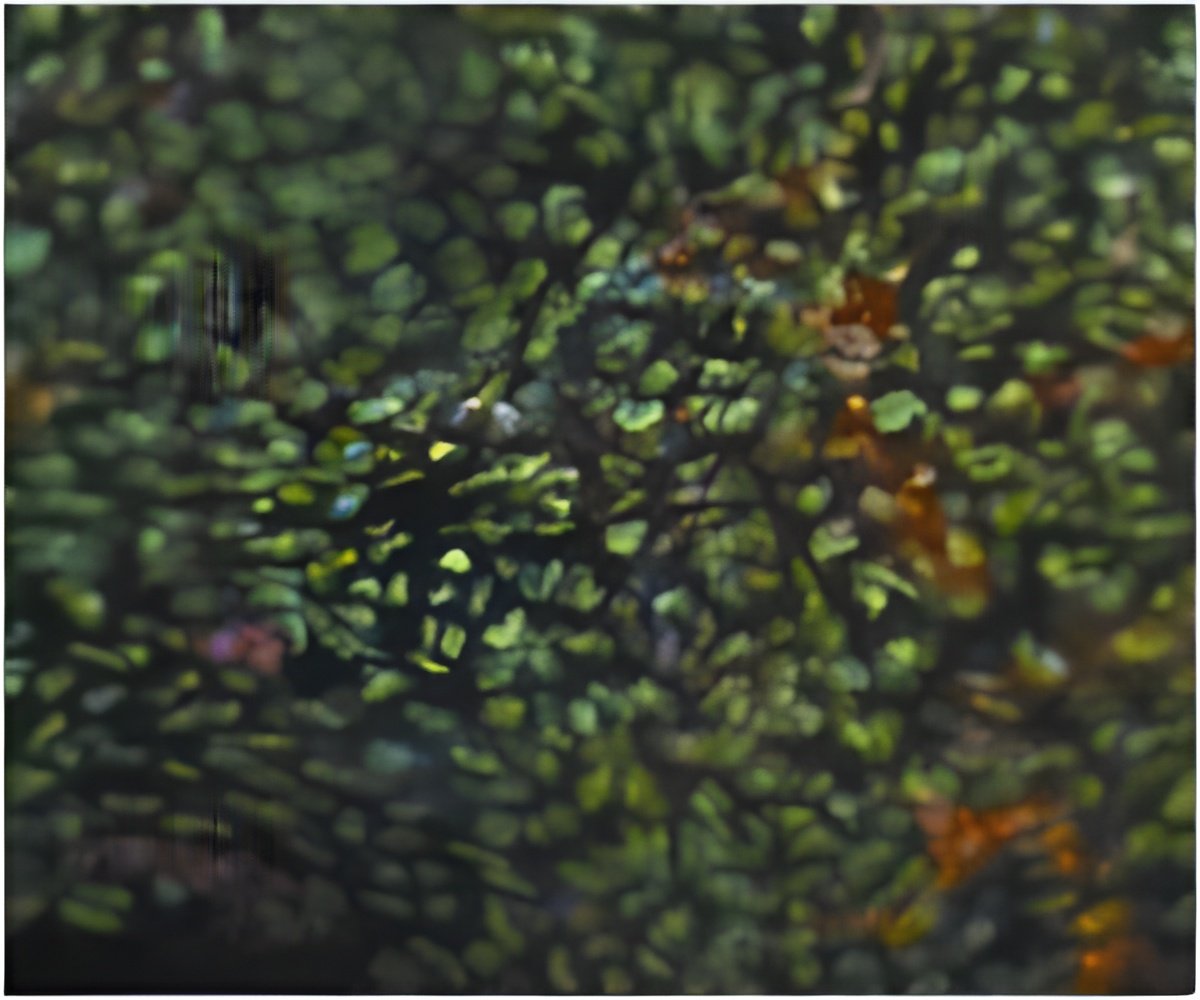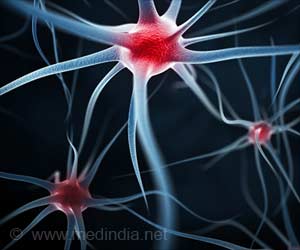Research has revealed that a breakthrough by scientists has opened the door to harness the power of life-producing cells to treat cancer

"This discovery means we now have an increasingly detailed road map of the human blood development system including the much sought after stem cell," said principal investigator John Dick, who holds a Canada Research Chair in Stem Cell Biology and is a Senior Scientist at the McEwen Centre for Regenerative Medicine and the Ontario Cancer Institute, University Health Network (UHN).
"We have isolated a single cell that makes all arms of the blood system, which is key to maximizing the potential power of stem cells for use in more clinical applications. Stem cells are so rare that this is a little like finding a needle in a haystack," he added.
"Ever since stem-cell science began, scientists have been searching for the elusive mother lode - the single, pure stem cell that could be controlled and expanded in culture prior to transplantation into patients. Recently scientists have begun to harness the stem cells found in the umbilical cord blood; however, for many patients a single donor sample is not large enough to use," said Dick.
"These new findings are a major step to generate sufficient quantities of stem cells to enable greater clinical use and thus move closer to realizing the promise of regenerative medicine for patients," he added.
The research is published in Science.
Advertisement














